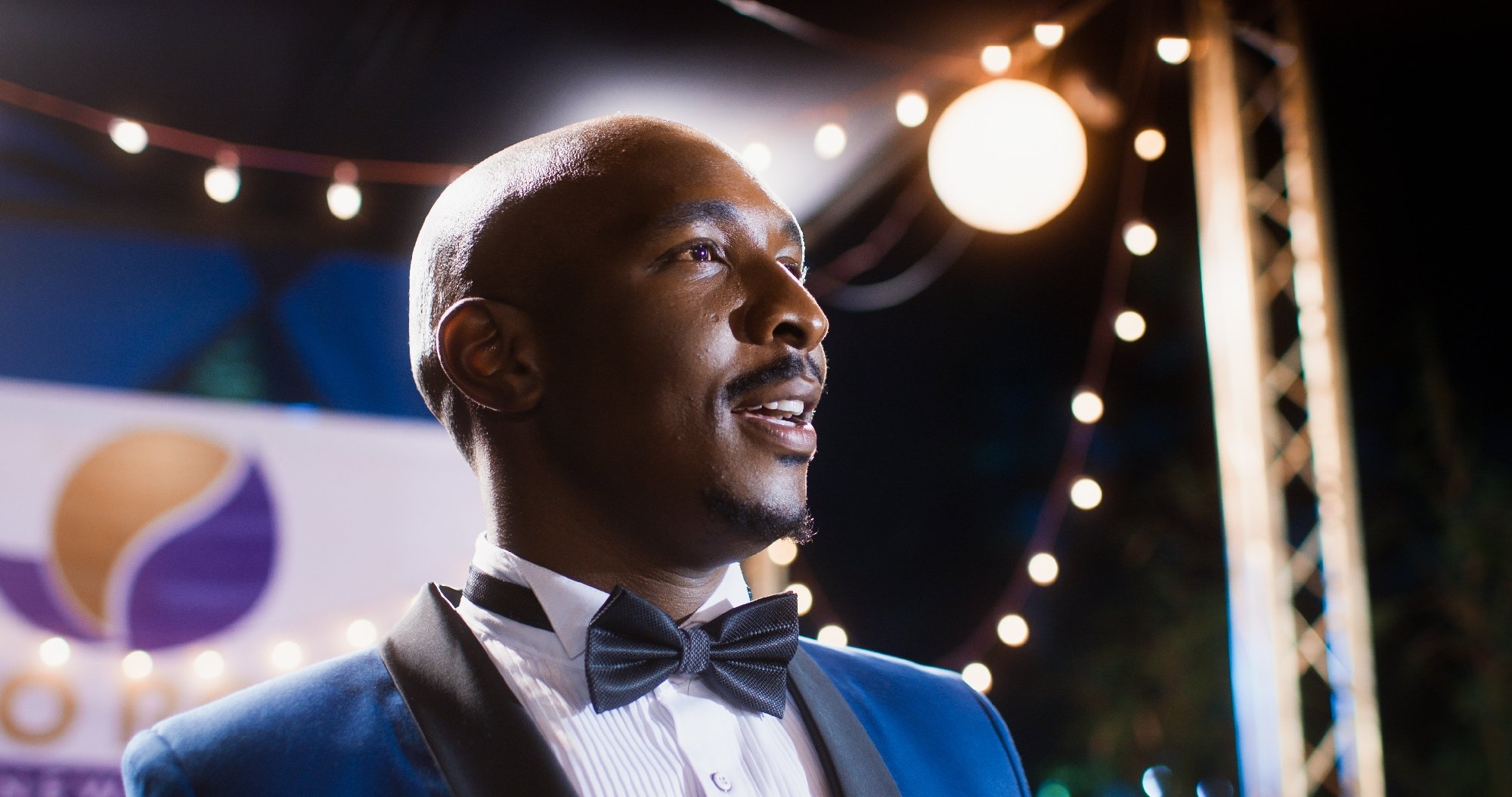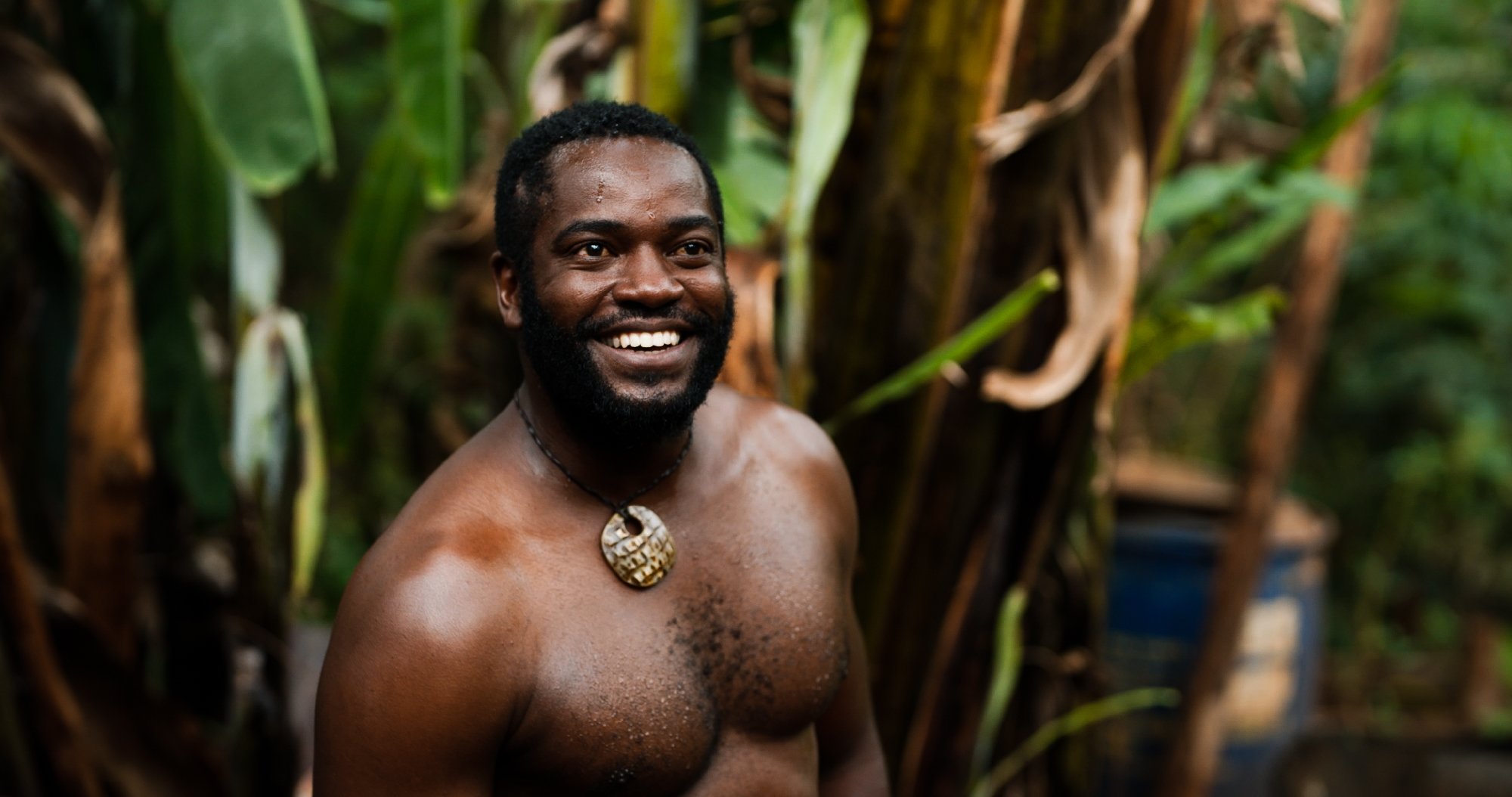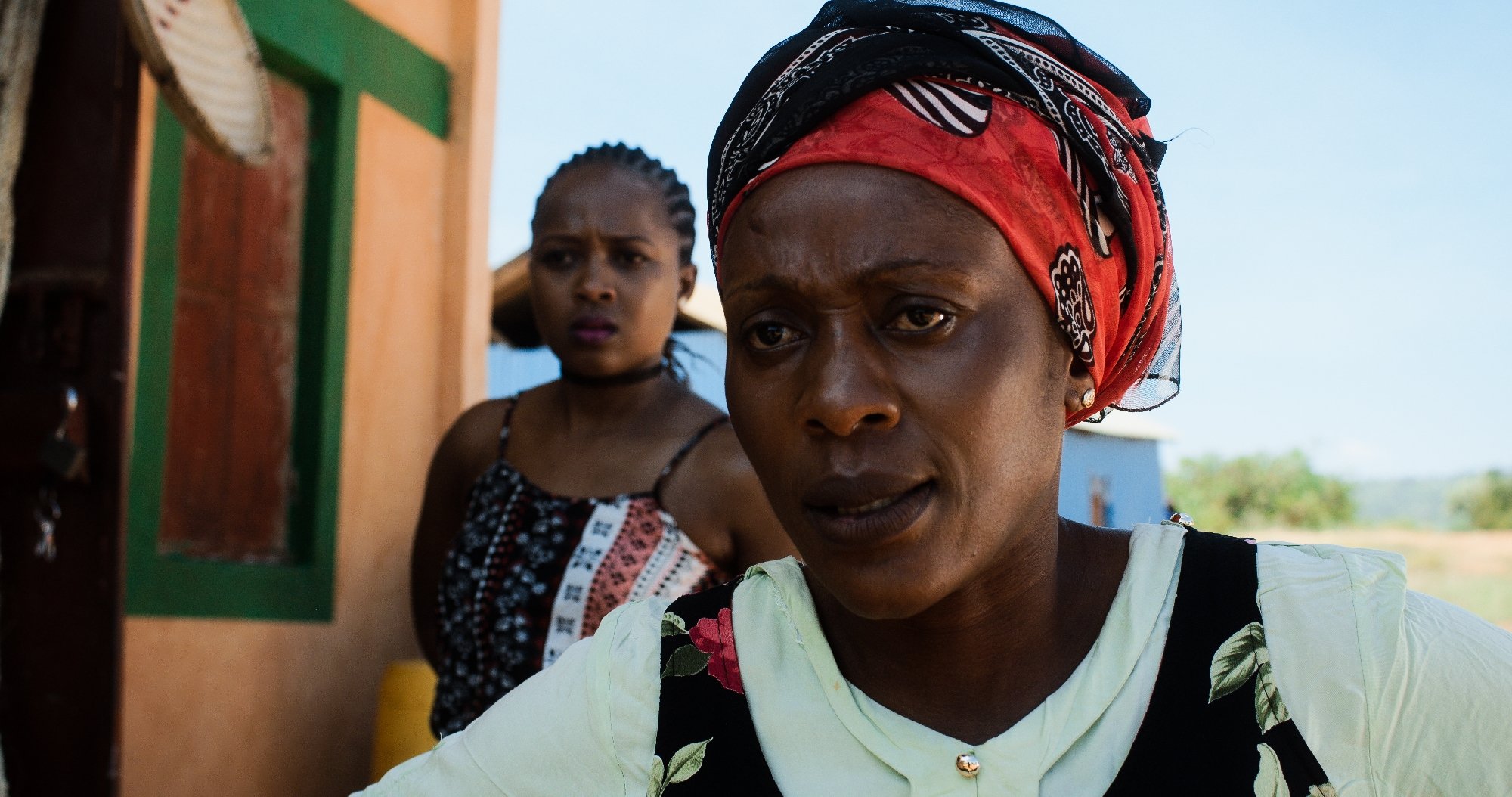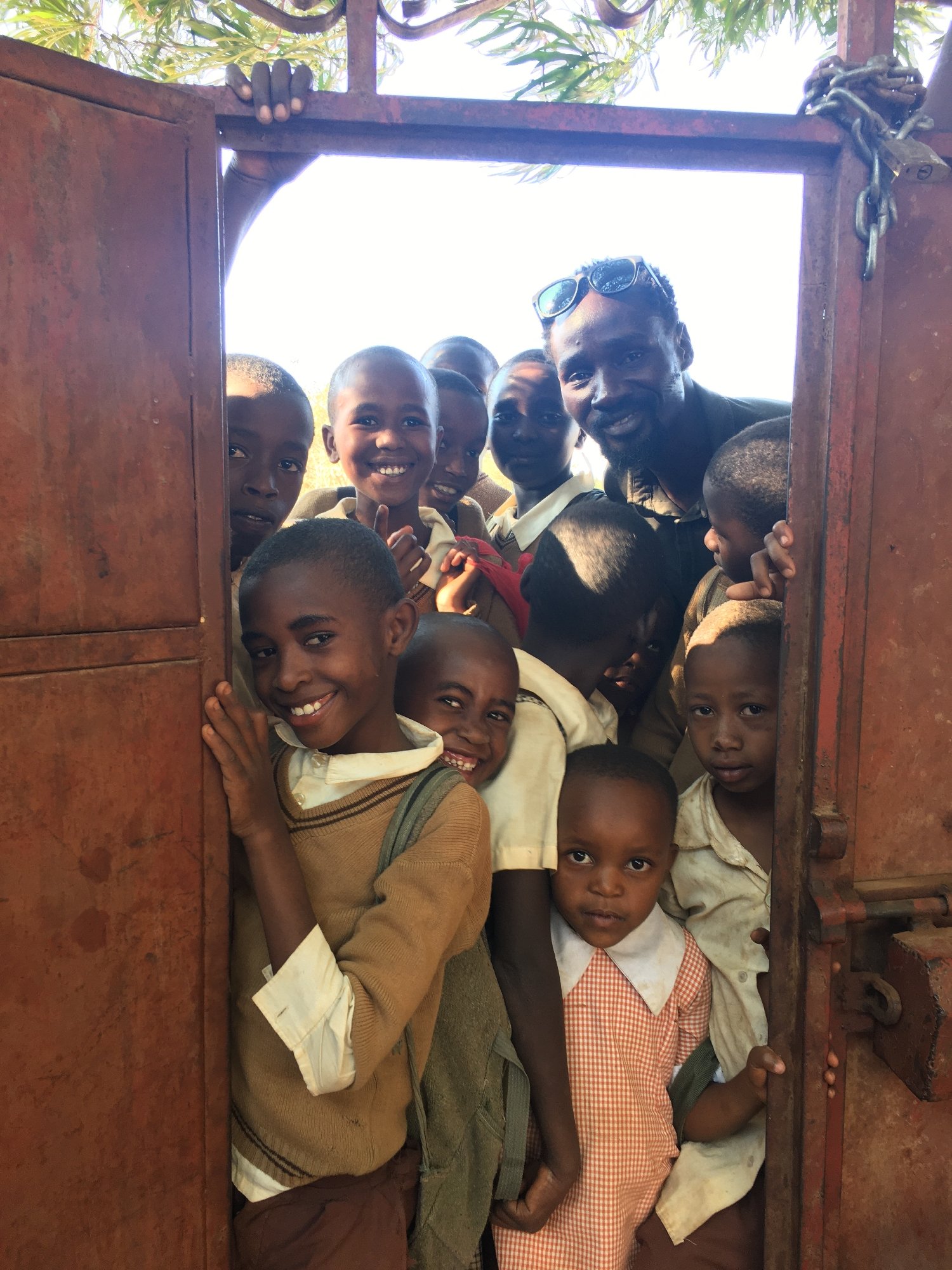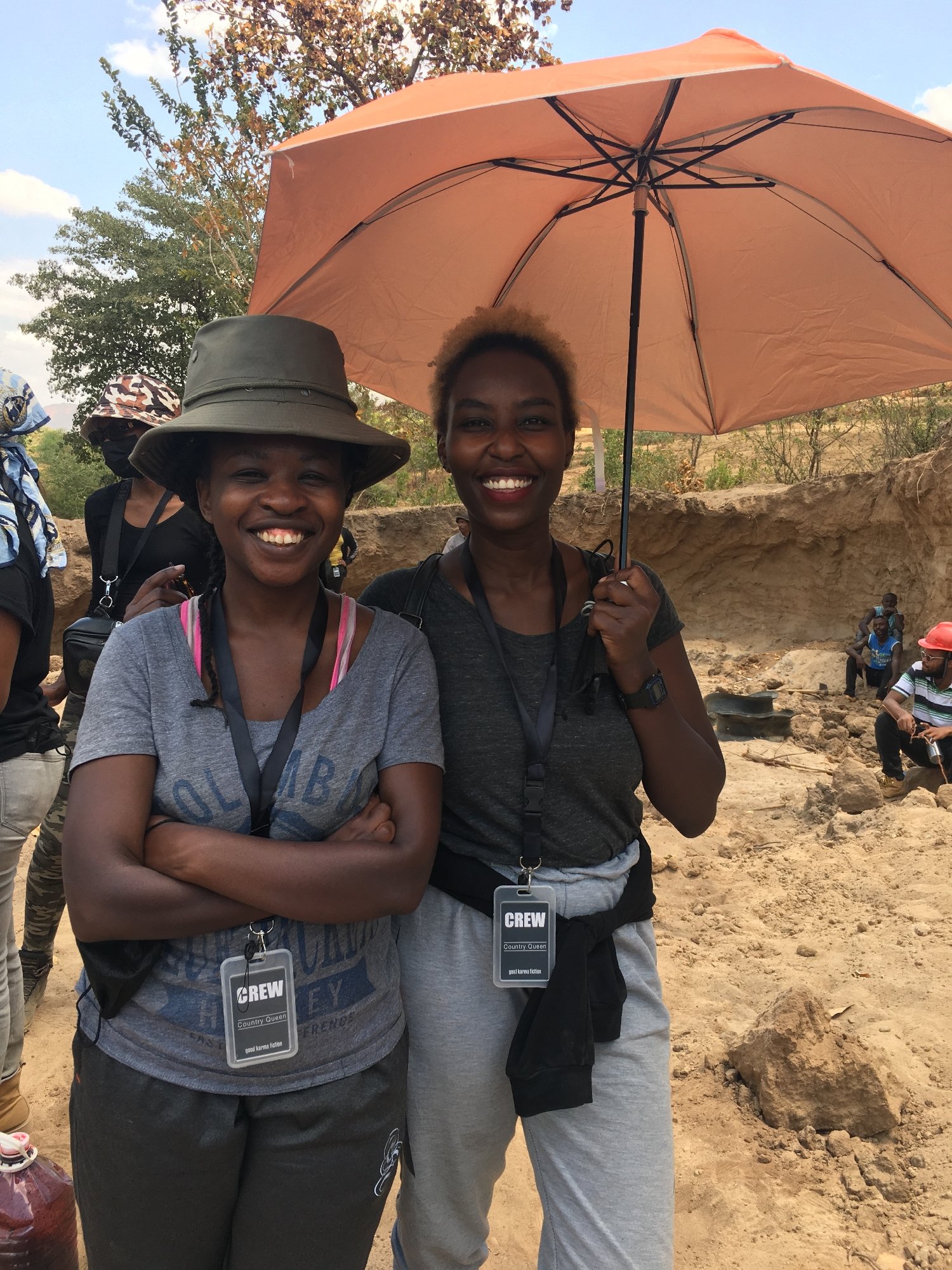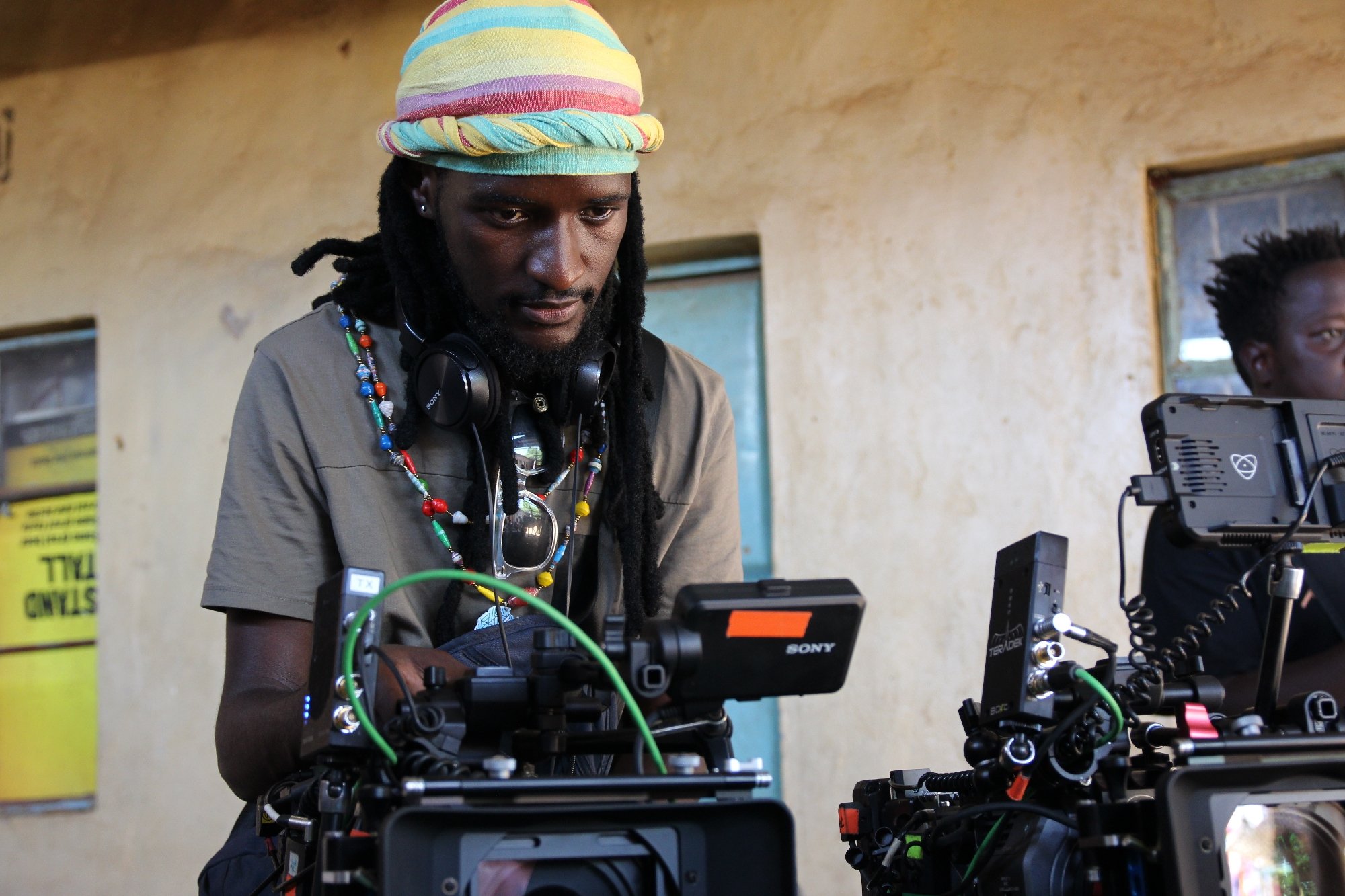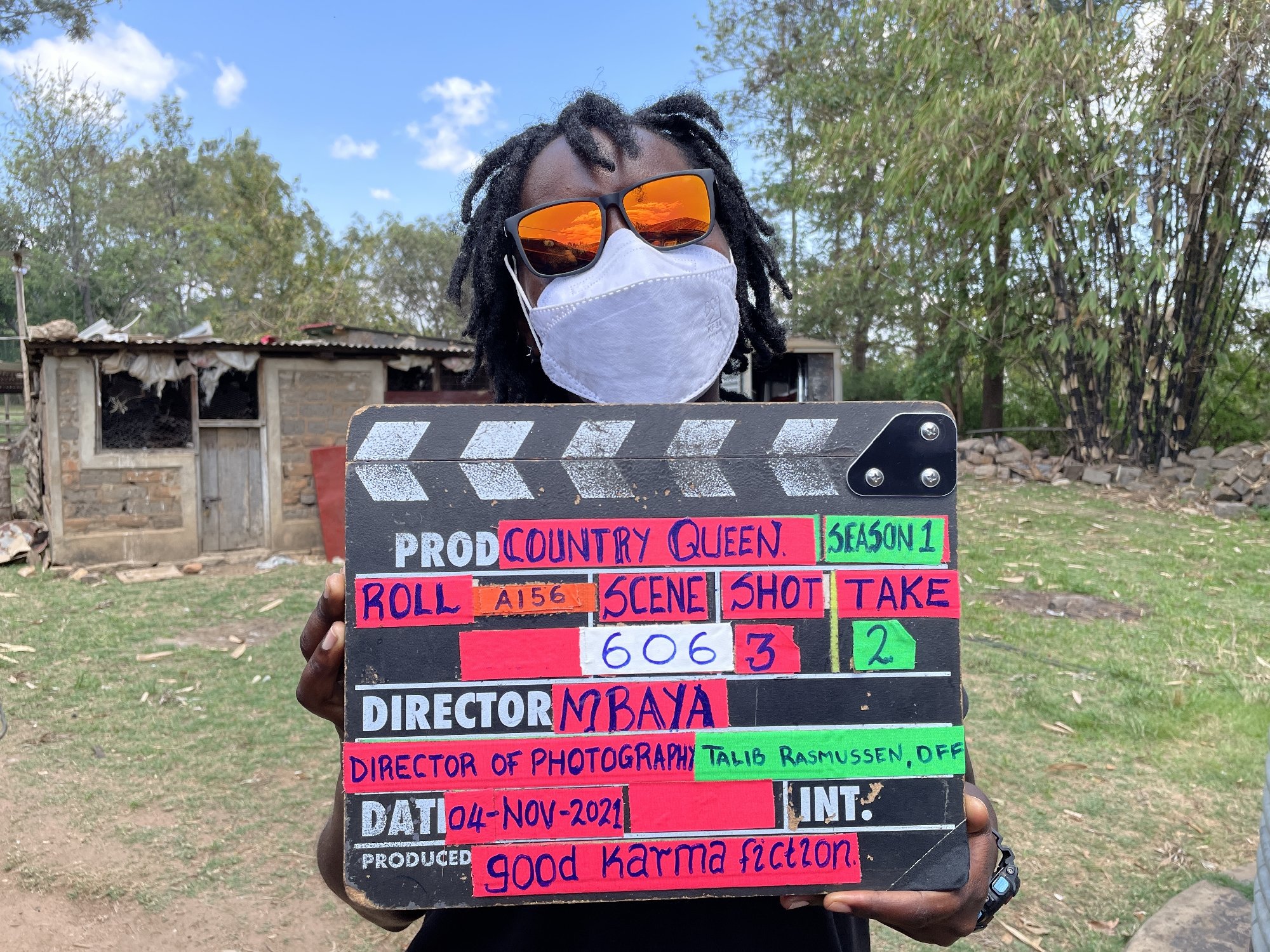Meet the writers of Kenya’s first Netflix drama series, Country Queen
It might have taken five years for Kenyan TV series, Country Queen, to move from idea to six-episode show, but it was worth the wait. Directed by Vincent Mbaya, Tosh Gitonga and Brian Munene, and released on Netflix Global this July to an audience across 190 countries, this “David vs Goliath” tale was the No. 1 show in Kenya for three weeks in a row and stayed on the streamer’s Top 10 list for five weeks straight.
As one of the screenwriters–and a wardrobe assistant–on the series, I couldn’t be prouder. What started with the simplest of prompts: “girl saves village” has become a beloved and intricate storyworld with two female leads, Akisa and Vivienne, played by actors Melissa Kiplagat and Nini Wacera; respectively. While Country Queen delves into macro themes such as rural-urban conflict, capitalism and environmental degradation pretty extensively, what was most refreshing was how we got to show these issues. The producers made lots of space for cultural specificity in our work and operated with openness and mutual respect. These sensibilities remained even as the scale of the project grew.
“What started with “girl saves village” has become a beloved and intricate storyworld”
Each time I walked into the writers’ room, I got a sense that we were doing something special, something different. I asked my writer colleagues; Lydia Matata, Oprah Oyugi and Kimani Waweru, to reflect on their journeys and the ways being part of the production has made them grow.
What do you remember of those early days in the writers’ room?
LYDIA: We watched hours and hours of telenovelas from different countries while being coached by mentors from Brazil; one of the largest producers of the genre. We learnt a lot of lessons regarding what makes telenovelas intriguing or appealing to an audience. However, after months of deliberation in the room – that had 10 writers to start – Country Queen slowly morphed into the layered drama series it is today.
OPRAH: The early days were so fulfilling but exhausting. The room was always full of arguments and debates but contrasted with plenty of love, laughter and great story material. It was also my first time conceptualising a TV series and that came with a lot of growth in my writing.
KIMANI: Previously I had worked on TV shows where the pace of writing to shooting was lightening fast but on Country Queen the pace was slowed down considerably, which allowed the ideas and discussions to be more fruitful.
What themes and perspectives are you most proud of exploring through writing for the series?
LYDIA: I am most proud of the women characters that we came up with. We allowed them to be messy and to have actions informed by both selflessness and selfishness. Women are rarely portrayed in this way. We are either society's fantasies of a good woman or a wicked one. Overall, no character in Country Queen was wasted. Even seemingly minor characters are protagonists in their own right, with a story goal and arch that is authentic to themselves, as well as justifiable from their perspective.
OPRAH: I mostly enjoyed writing the family drama and dynamics. There's no way you can live in Kenya and be immune to any form of family drama. To finally be able to put it down on paper and see it play out in such a relatable way on screen is fulfilling.
KIMANI: I'm most proud of presenting a more authentic look at the people of our story as Kenyans. The people who live in Nairobi but especially the ones who reside in the countryside. It's not perfect and there's more work still to be done but judging from feedback I've seen online, a lot of Kenyans are connecting with the depictions of our characters on screen.
You were also part of the crew, what role did you play and what was the experience on set?
LYDIA: I served as 3rd AD and shot some BTS work during filming. Being a 3rd AD was the hardest job I have ever had. It was a bit daunting at first because this was the first time I had ever been on a large, professional set. I am very grateful for the opportunity because the lessons I gained during development and production strengthened the making of my own films later on.
OPRAH: I got a chance to be a 3rd AD and to edit the BTS video. I saw how our writing was interpreted by the crew and reflected on how best to phrase key moments and scenarios with the final execution in mind. Editing the BTS video solidified for me just how important every single person on set is, even though they barely get widespread acknowledgement when the final work comes out.
KIMANI: I was in the camera department for the pilot but what I did for most of the shoot was BTS photos and videos. Because I'm also a director, I wanted to be on set as much as I could to see the process on a largescale TV production. It really helped demystify the process of filmmaking and it's now not as intimidating as it was before. I learned that the biggest scenes to shoot can be tackled by breaking them down and tackling them element by element.
How does it feel to have the show on Netflix?
LYDIA: It’s huge. Even just saying the words out loud feels so surreal.
OPRAH: The fact that anyone from 190 countries can watch something we created, in their language and relate to it, is a creative's wildest dream come true.
KIMANI: It feels triumphant after spending so much time and energy working on the show. There was a lot of waiting in agony to see if we got funding and if the show would be picked up by Netflix. After five years of that it's both joy and catharsis when you hear "tudum". It also feels like a beginning for me personally. I feel like I'm just starting and can't wait to show the world what else I have in my creative arsenal.
Directors Vincent Mbaya, Tosh Gitonga and Brian Munene
Executive producers Peter Obrist, Ravi Karmalker and Waltraud Ehrhardt
Producer Kamau Wandung’u
Art director Eugene Oyoo
Head of wardrobe Kambua Rose
Cast Melissa Kiplagat, Melvin Alusa, Blessing Lung'aho, Nini Wacera, Mumbi Kaigwa, Muthoni Gathecha, Sheila Munyiva, Nyokabi Macharia, Joel Otukho, Eddy Kimani, Abu Sensei, Nice Githinji, Nancy Karanja, Maina Olwenya, Kael Njihia, Robert Agengo, Oliver Litondo, Vera Atsango, Peter King, Johnson 'Fish' Chege and Raymond Ofula.
Portrait photography Wanjira Gateri
Visit Wanjeri Gakuru
Visit Kimani Waweru
Visit Lydia Matata
Visit Oprah Oyugi
Published on 19/10/2022


